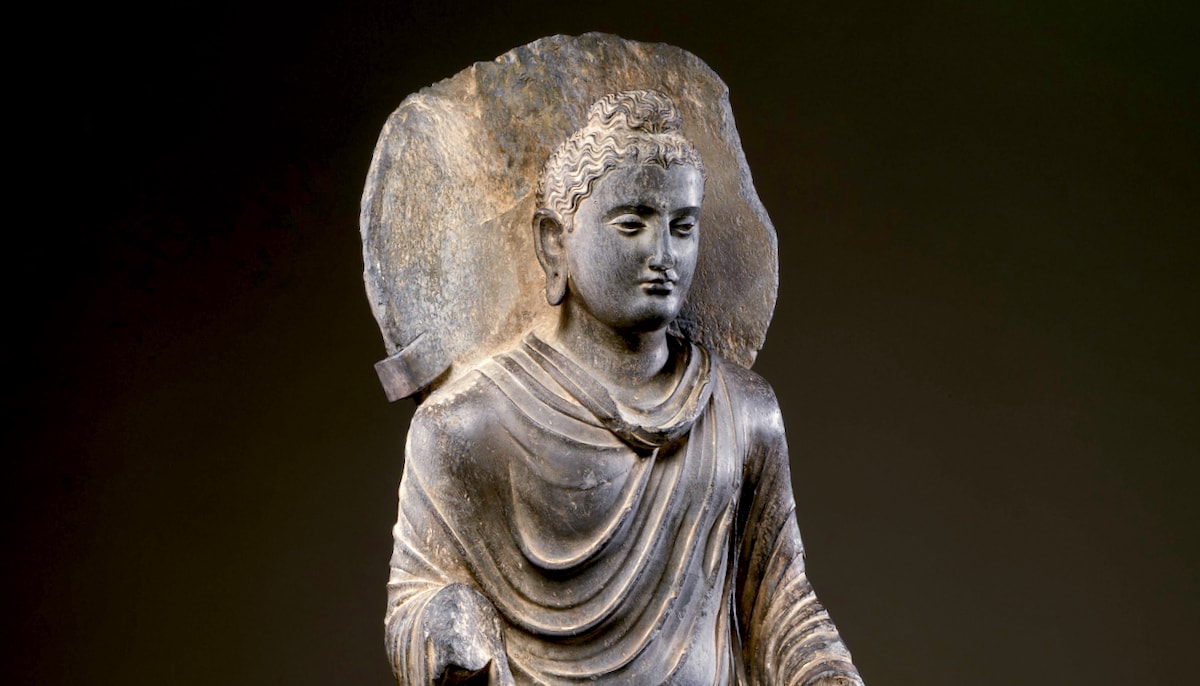Hello all
This sounds like an interesting, if controversial, book, by someone with a long history of involvement in different forms of Buddhism as well as academic study.
There seems to be a rise in the number of articles and pieces finding fault with parts of western or traditional Buddhist practice and, while I do not agree with all (or even many) of them, I do find it useful to see what people have to say and see if there is any truth in it. This particularly the case for authors of practitioners of long experience.
One of his key concerns seems to be the adding of an extra layer of story to what we perceive as part of Buddhist belief or explanation, and this is something we repeatedly address in Zen, but it is well worth being reminded of.
Sadly, this particular volume is priced around $100 for the the hardcover edition so doubt it will be anything I get around to looking at anytime soon.
Gassho
Kokuu
-sattoday/lah-
This sounds like an interesting, if controversial, book, by someone with a long history of involvement in different forms of Buddhism as well as academic study.
There seems to be a rise in the number of articles and pieces finding fault with parts of western or traditional Buddhist practice and, while I do not agree with all (or even many) of them, I do find it useful to see what people have to say and see if there is any truth in it. This particularly the case for authors of practitioners of long experience.
One of his key concerns seems to be the adding of an extra layer of story to what we perceive as part of Buddhist belief or explanation, and this is something we repeatedly address in Zen, but it is well worth being reminded of.
Sadly, this particular volume is priced around $100 for the the hardcover edition so doubt it will be anything I get around to looking at anytime soon.
Gassho
Kokuu
-sattoday/lah-

 I might feel differently after I read the book.
I might feel differently after I read the book.


Comment